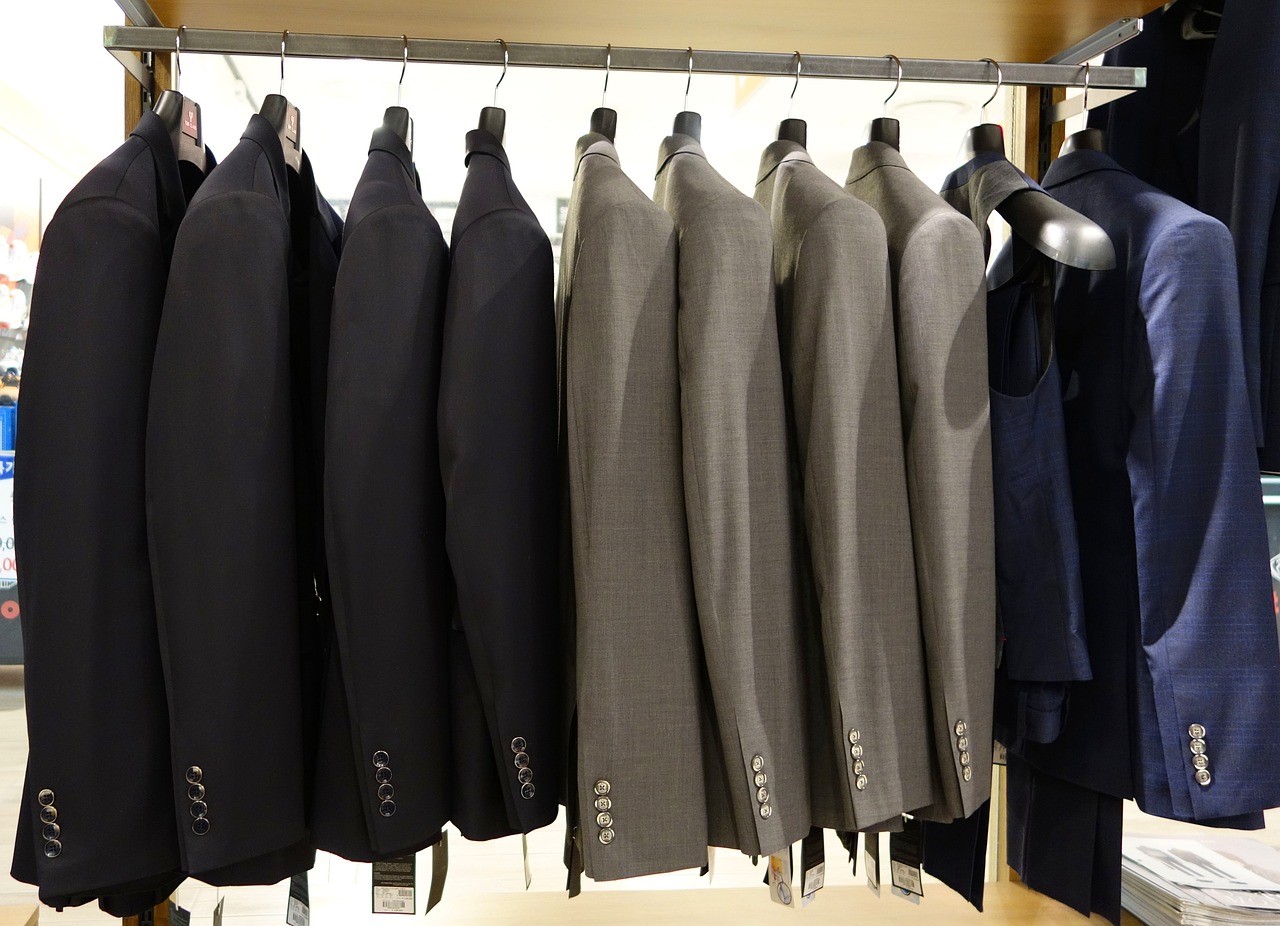
25 Jan The Revival of Artisan Craftsmanship in Luxury Goods
The Revival of Artisan Craftsmanship in Luxury Goods
Luxury goods have long been associated with exclusivity, quality, and prestige. Recently, a growing trend is reshaping this world: the revival of artisan craftsmanship. This movement is not just about creating products but about storytelling, preserving traditions, and sustainable luxury. Here’s why artisan craftsmanship is redefining the luxury market.
Why Artisan Craftsmanship is Resurging
Demand for Unique, Personalized Products
Modern consumers value individuality. Artisan craftsmanship satisfies this craving by offering one-of-a-kind luxury goods. Unlike mass-produced items, handcrafted products carry the artisan’s personal touch, making each piece unique.
Sustainability as a Key Driver
The luxury market is aligning with sustainable practices. Artisans use natural, locally-sourced materials, ensuring minimal environmental impact. This focus resonates with eco-conscious buyers who prioritize ethical consumption.
Heritage and Cultural Appreciation
Brands embracing artisan craftsmanship often revive historical techniques. This approach not only preserves cultural heritage but also enriches the value of luxury goods. Examples include Hermès and its dedication to leatherwork traditions.
How Artisan Craftsmanship Enhances Luxury Goods
Attention to Detail and Quality
Handcrafted luxury goods often surpass machine-made items in quality. Artisans pour hours into creating intricate designs, ensuring perfection. This commitment to excellence is what defines true luxury.
Human Connection and Storytelling
Every handcrafted piece tells a story. Whether it’s a jeweler in Italy or a leather craftsman in France, the maker’s journey is embedded in the final product. These stories add emotional value, making the items cherished heirlooms.
Leading Brands Championing Artisan Craftsmanship
Loewe
The Spanish luxury brand Loewe celebrates artisan craftsmanship by collaborating with global artisans. Their collections blend contemporary aesthetics with traditional techniques.
Gucci
Gucci’s commitment to craftsmanship is evident in its ArtLab, a facility dedicated to innovation and preserving artisanal skills. This focus ensures a perfect balance between heritage and modernity.
Chanel
Chanel’s Métiers d’Art collection highlights its investment in artisan techniques. By acquiring artisan workshops, Chanel safeguards traditional skills while pushing creative boundaries.
The Impact on the Future of Luxury
Promoting Slow Fashion
The artisan approach challenges the fast fashion model, advocating for quality over quantity. Consumers are encouraged to invest in timeless pieces rather than fleeting trends.
Boosting Local Economies
Artisan craftsmanship supports local communities by creating jobs and promoting traditional skills. This impact is particularly significant in regions with rich cultural legacies.
Elevating Consumer Experience
Owning a handcrafted luxury item goes beyond possession. It’s about appreciating artistry, history, and exclusivity, transforming the act of buying into a memorable experience.
How to Support Artisan Craftsmanship in Luxury Goods
- Choose Brands That Prioritize Craftsmanship
Look for brands committed to artisan techniques and sustainability. - Educate Yourself
Understanding the story behind a product deepens its value. Many brands offer insights into their processes and the artisans involved. - Invest in Timeless Pieces
Handcrafted luxury goods often become family heirlooms, increasing in sentimental and monetary value over time.
Conclusion
The revival of artisan craftsmanship marks a pivotal moment in the luxury goods industry. As consumers increasingly prioritize sustainability, heritage, and uniqueness, artisan techniques are reclaiming their rightful place. This trend not only elevates the definition of luxury but also ensures a meaningful connection between products and their owners.



